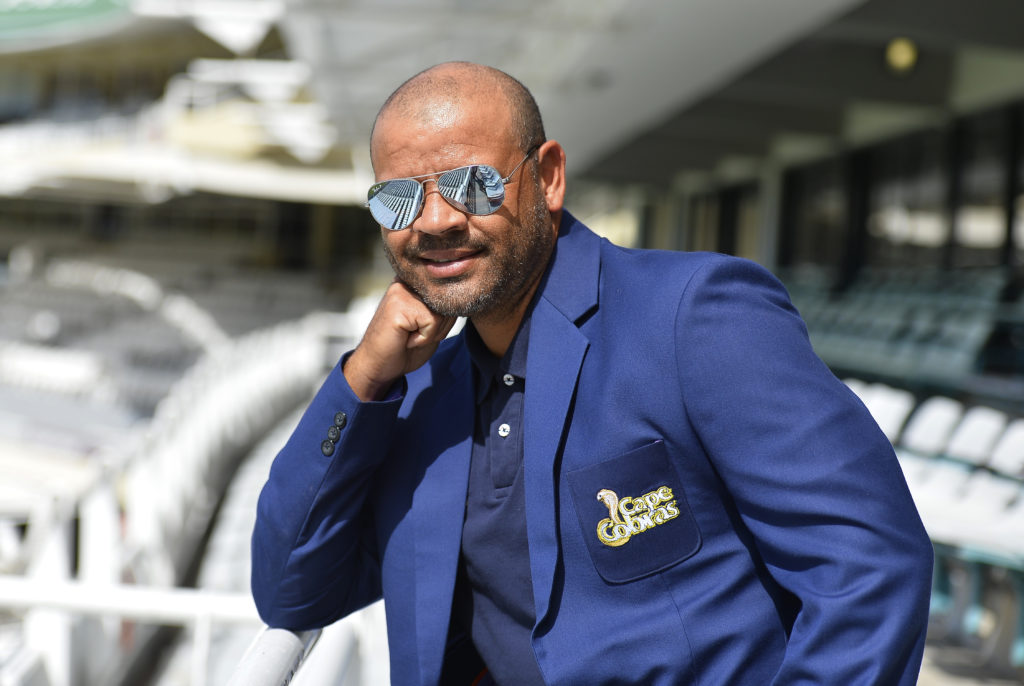Former Proteas batter Ashwell Prince says that he never felt the Proteas side was a unified one. Despite being part of the national team’s trailblazing success, Prince says he did not feel welcome.
“You’re playing for your national team, you’re supposed to be living your dream, it was anything but. It was an absolute nightmare. [The national team] was a lonely place. A person knows when a person is welcome and you know when you are not welcome,” Prince told the Social Justice and Nation Building hearings on Monday.
Prince played 66 Tests and played a crucial role for South Africa in a period of real success in Test cricket. He also appeared in 49 ODIs for the Proteas and was part of the World Cup squad in 2007. South Africa were dumped out of the World Cup by Australia and Prince says the aftermath of it proved the lack of unity.
At what was supposed to be a ‘clear the air’ meeting involving players, coaches and some senior Cricket SA officials following that tournament, Prince says one white player said the reason for South Africa’s failure was the “quota system”. Although not mentioning who said that, he said other players shared the view.
“Basically, what was said was that the black players, coloured players, the Indian players, the non-white players, they were the problem in our cricket.”
Prince explained how he, Makhaya Ntini and Herschelle Gibbs responded.
“We said: ‘If you think the team lost because of quotas, then scrap the quota system’. We were firm believers that we were good enough to be in the team, we believed we were better than some white players. If anyone didn’t think so, we wanted them to tell us to our face.”
Details of the ‘clear the air’ meeting were later leaked to the media and Prince felt their words were twisted.
“It was an attempt to push a narrative in the media that suits white people. And then wanting to drive that narrative by using black players in the team – that it is Ntini, Gibbs and Prince that are saying these things.”
“I didn’t care if I played another game for the country or not. For me, that was not a team, because that was the kind of environment we played in – we were never one, never.”
Prince felt his best playing days came for English county side Lancashire, where he felt genuinely appreciated.
“You think you’re playing for your country, that you’re living a dream, but it was no dream. For me it was a war, it was a war to win for the oppressed people of this country. I couldn’t care if my teammates respected me, if people didn’t want to play with me. It was to prove what we can do, what we are capable of, with whatever obstacles were put in our way. As far as team, there was no team.”






